Welcome to the first of our series of interviews with this year's National Flash Fiction Day Anthology Editors and Microfiction Competition Judges! Submissions for the Anthology and Microfiction Competition are open until 15 February 2024 and this interview series will resume in the new year.
This week, Diane Simmons chats with Sara Hills, this year's NFFD Anthology Guest Editor, about everything from music to collections to some tips for tackling this year's anthology theme....
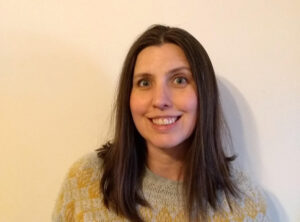 DS: Firstly, thank you for agreeing to be a co-editor of this year’s National Flash Fiction Day anthology. The theme is the natural elements: air, earth, fire and water. Do you have any tips on how to interpret the theme or any advice on how to approach themes in general?
DS: Firstly, thank you for agreeing to be a co-editor of this year’s National Flash Fiction Day anthology. The theme is the natural elements: air, earth, fire and water. Do you have any tips on how to interpret the theme or any advice on how to approach themes in general?
SH: I’m delighted to have been invited to co-edit the NFFD anthology, and I love this year’s theme as the natural world is so rich with possibility and conflict. What happens when there is an absence or excess of one element? How do these elements sustain or destroy life? What sensory descriptions or experiences do they inspire?
I’m a firm believer in free-writing and brainstorming so I usually tackle a themed prompt by first making lists. For example, take five minutes and list everything you can think of to do with one of the natural elements. Write without stopping—just whatever crazy thing pops into your head. If you’re anything like me, you’ll hit upon the common ideas first. But the longer you keep pen to paper, you’ll start to find more unique ideas, ones that spark because they call up hints of character and conflict. As soon as something sparks for me, I’m off running to get the words down. You can do this for each element if you like and see how they contrast or support each other. And if you’re a more visual person, you can also try the elements as the center or main branches of a mind map and challenge yourself to use a handful of the words/ideas you brainstorm in your draft. Above all, give yourself permission to play and see where it takes you.
DS: I believe your first publication was for something other than fiction. Can you tell us a little about that?
SH: Good sleuthing! Since my writing often trends toward darker subjects, I suppose it might surprise people to know that my first publications were actually knitting patterns for toys in a natural crafts magazine: an apple tree and a root vegetable garden. Besides writing, making toys is probably my other happy place. When my kids were younger, I spent countless hours making myriad dolls, playscapes and machines… whatever might delight them. Now that my kids are grown I try to filter that playfulness into my writing.
DS: You were born and grew up in America and now live in the U.K. How much does America influence what and how you write?
SH: This is such an interesting question. I wish I could say that after living in Europe and the UK for fifteen years that my stories are infused with medieval architecture or the charm of pub quizzes or queues for the sake of queueing. But so much of my writing is still very much rooted in the physical and economic landscape of the US. It’s the smells, sounds and mindsets of home that my writing brain churns over. I don’t know if that’s because the formative years never truly leave us or if that’s just what feels most honest to me.
What has begun to infiltrate my writing more is the lingo of Britain, and oftentimes I don’t notice it. I’m lucky to have a critique group that points it out to me, and then I have to decide if these Britishisms belong in the story. The same is true with sensory details. After discussing one of my stories, a group of astute high school students in Montana reminded me that ambulance lights in the US are predominantly red. Whereas after living in Europe for so long, I can’t imagine them as anything but blue now.
DS: Your flash collection The Evolution of Birds was published by Ad Hoc Fiction in 2021. Can you tell us a little about how you went about putting the collection together?
SH: I followed all the advice to start with, such as put your best stories first but save a few good ones for last. But then I decided that the stories felt like they wanted to be in conversation with each other. I like to think of my characters as people who might live in the same neighborhood or trailer park, experiencing similar familial situations or challenges. So I grouped many of them by age and theme to try and create a sense of cohesion, and it seemed to evolve from there. I also checked endings and openings for flow and made sure to scatter the stories with bird-related images throughout, playing on the overarching theme. There was a lot of second-guessing, but I’m so grateful for how well it was received in the end.
DS: Do you ever listen to music when you write?
SH: I find music incredibly inspiring, especially if there’s a particular mood I’m trying to capture. I often listen to a certain song or playlist on repeat in my non-writing hours while I think about a story. For example, with my story ‘Lil Fucker’ which was recently published at Fractured Lit, I listened to The Smith’s ‘How Soon is Now?’ thirty or forty times while I was churning it over in my head. While I only reference the band in my story, that song perfectly conjured up those gutting teenage feelings of my character, plus it has a muddy sound that reminds me of the setting—the winter sky in Utah where I lived for several years. In similarly inspired stories, I’ve often referenced albums or song titles because most lyrics are copyright restricted.
However much music affects my process, when it comes to putting words on paper I prefer silence so that I can hear my own thoughts. And if I’m in a loud environment, I’ll listen to something like a rainy cafe background with light jazz to drown out distractions. Until I get immersed in the story, I’m a ball of distraction.
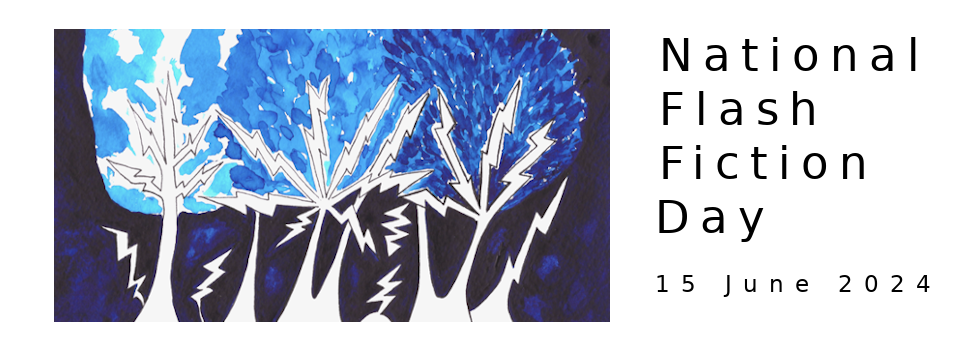
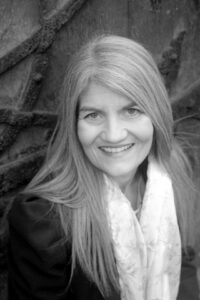
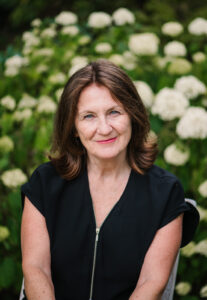

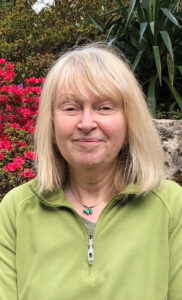

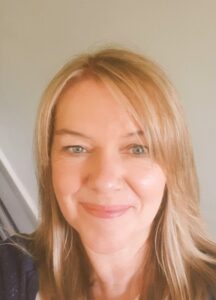
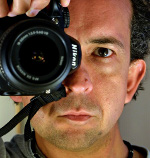 Kevlin Henney writes shorts and flashes and drabbles of fiction and books and articles on software development. His fiction has appeared online and on tree (Daily Science Fiction, Litro, New Scientist, Physics World, Spelk, Reflex Fiction, LabLit, Flight Journal and many more) and has been included in a number of anthologies (The Dark Half of the Year,North by Southwest, We Can Improve You, Haunted, Salt Anthology of New Writing, Ripening, Sleep Is a Beautiful Colour and many more). As well as having his work rejected and make no impression whatsoever on writing competitions, Kevlin’s stories have been longlisted, shortlisted and placed, and he won the CrimeFest 2014 Flashbang contest. He reads at spoken word events, winning the National Flash-Fiction Day Oxford flash slam in 2012, and has performed his work on local radio (BBC Radio Bristol and Ujima). Kevlin has been involved in the organisation of the Bristol Festival of Literature and events for National Flash-Fiction Day. He lives in Bristol and online, where he can stalked as
Kevlin Henney writes shorts and flashes and drabbles of fiction and books and articles on software development. His fiction has appeared online and on tree (Daily Science Fiction, Litro, New Scientist, Physics World, Spelk, Reflex Fiction, LabLit, Flight Journal and many more) and has been included in a number of anthologies (The Dark Half of the Year,North by Southwest, We Can Improve You, Haunted, Salt Anthology of New Writing, Ripening, Sleep Is a Beautiful Colour and many more). As well as having his work rejected and make no impression whatsoever on writing competitions, Kevlin’s stories have been longlisted, shortlisted and placed, and he won the CrimeFest 2014 Flashbang contest. He reads at spoken word events, winning the National Flash-Fiction Day Oxford flash slam in 2012, and has performed his work on local radio (BBC Radio Bristol and Ujima). Kevlin has been involved in the organisation of the Bristol Festival of Literature and events for National Flash-Fiction Day. He lives in Bristol and online, where he can stalked as